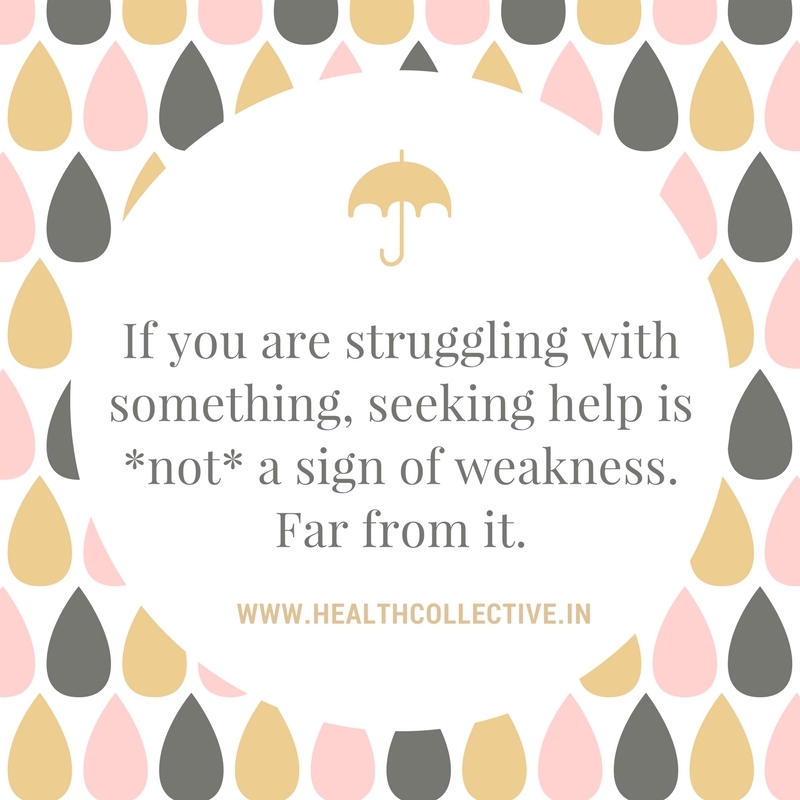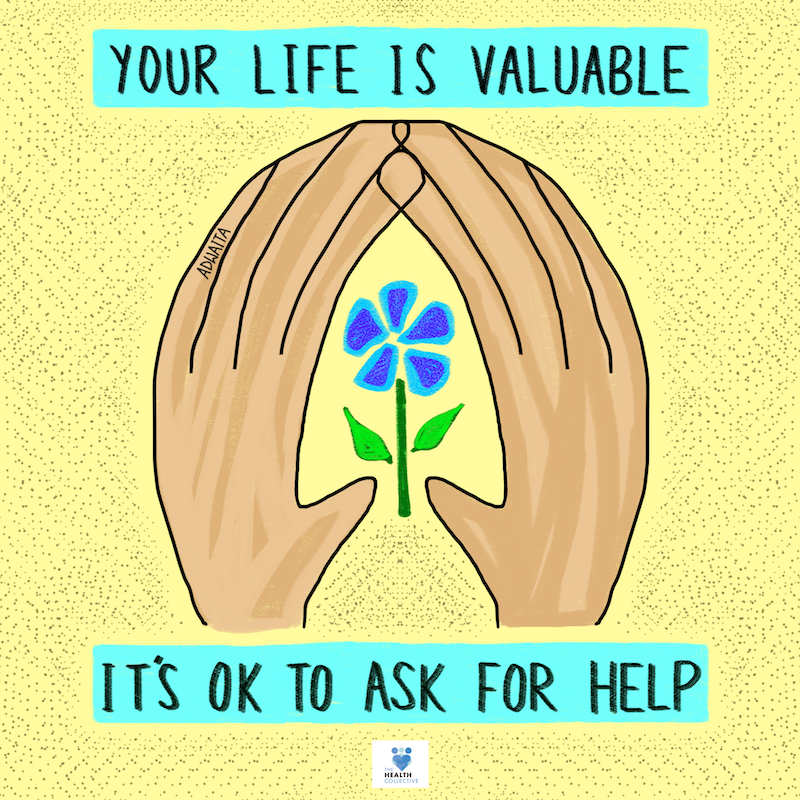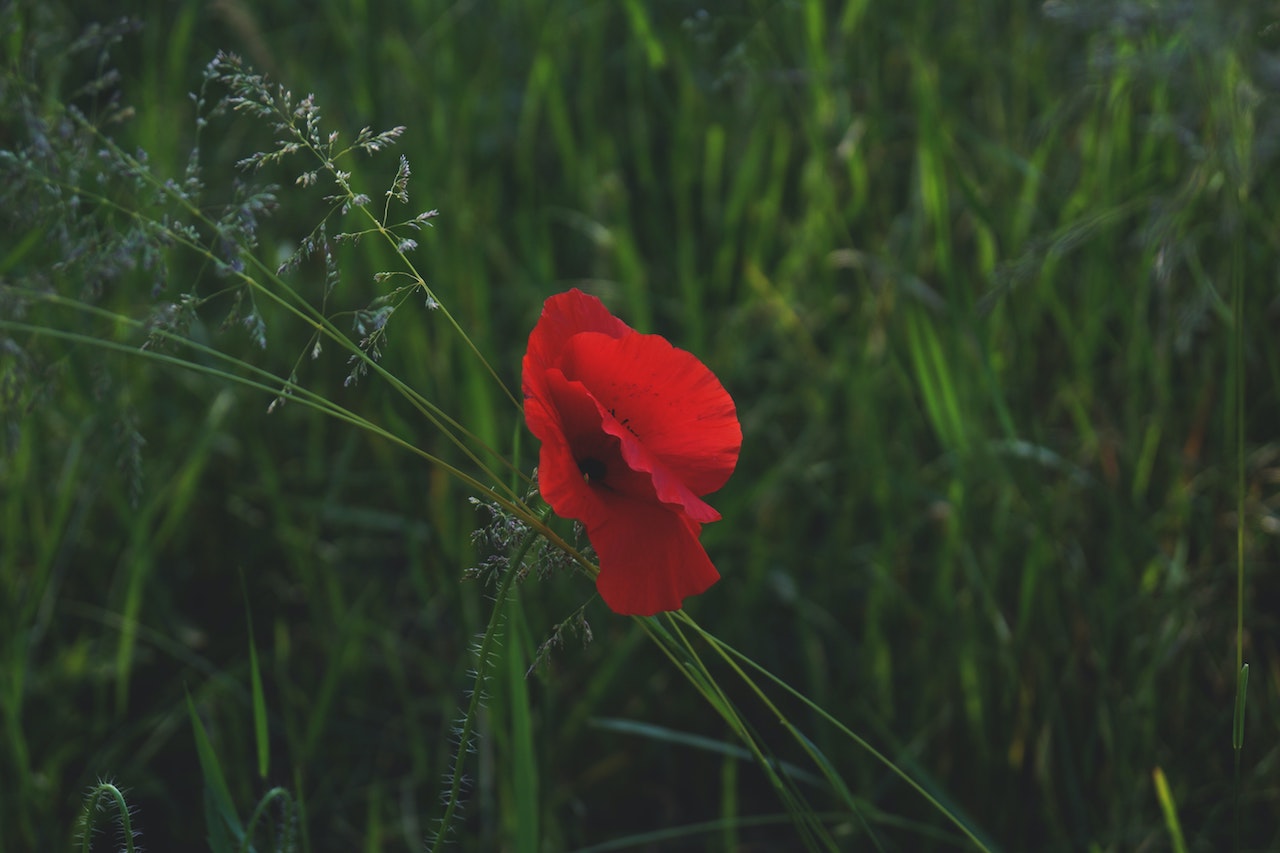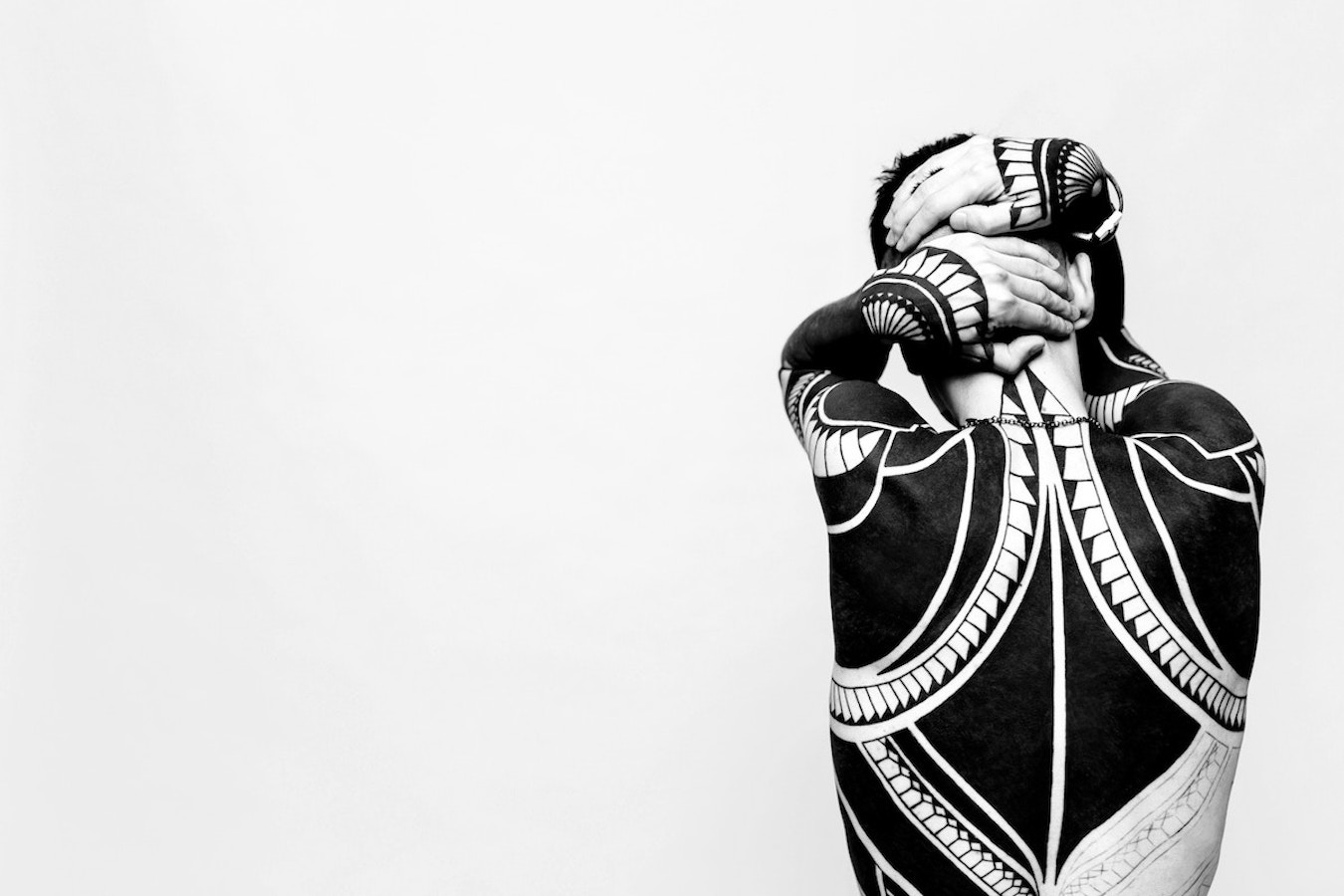Surviving Suicide Loss: A First-Person Account with Dr Nandini Murali
Dr. Nandini Murali is a survivor of Suicide Loss, and the Director of SPEAK, an initiative of the MS Chellamuthu Trust and Research Foundation, Madurai, set up to create safe supportive spaces for conversations on Suicide and promote Mental Health. Here is an e-interview where she shares some of her journey, and why we all need to work more closely together, starting with normalising conversations around Suicide.
#TriggerWarning: Suicide Loss
- What led you to set up SPEAK?
My husband, a well-known doctor, died of suicide in 2017. As someone impacted by suicide loss, this lived experience of the tragedy enabled me to glimpse the complex and complicated issues from several aspects. I experienced the 4S: Stigma, Shame, Secrecy and Silence around suicide and the tremendous resistance to have supportive, compassionate conversations on this preventable public health issue. Hence, I decided to “speak up” about my loss because this culture of stigma and toxic silence was leading us nowhere.
The pain and anguish of my lived experience of suicide loss was a powerful catalyst for change. It has turbo-fired my vision to create supportive, safe spaces for compassionate conversations on suicide and mental health. It has been a decision from an empowered space. I’ve never regretted the decision to own my story and tell the truth – all for the sacred cause of suicide prevention.
(Editor’s Note: If you or anyone you know is feeling vulnerable or suicidal, or at-risk, please do reach out for help. Some third-party helplines are listed here)
By coming out and SPEAKing up, I wanted to be the change I so wished to see. Truth is truth and the truth needs to be told. It was part of my ongoing desire to live an authentic life; being true to myself. However, I was certain that I was not doing it for self-glorification or martyrdom.
ALSO READ: SUICIDE PREVENTION: LET’S TALK
On April 27, 2018, on my husband’s first death anniversary, I established SPEAK, an initiative of MS Chellamuthu Trust and Research Foundation, Madurai, to change conversations on suicide and promote mental health.

- What is your message for suicide survivors in India?
Suicide is a preventable public health issue. It is never a simple self-contained act. On the contrary, like a stone thrown into a water body, its ripples extend outwards in ever-widening circles: family, friends, colleagues, community, state, nation and the world.
For survivors of suicide, I’d like to encourage them to seek timely appropriate help from qualified mental health professionals and traditional systems of medicine. Suicidal thoughts or even a suicide attempt is not a life sentence. Many suicide survivors can go on to lead fulfilled, meaningful lives.
For survivors of suicide loss — those who have lost a loved one to suicide — I’d reiterate not to hold yourself hyper-responsible or blame yourself for another person’s tragic decision. Despite the crushing traumatic loss, it is possible to rebuild your lives and continue to cherish and honour the memory of your loved one by remembering the way they lived their lives and not the way they died. Equally important, please seek out support groups of survivors of suicide loss — listening to people who have experienced a similar loss and talking about your own experiences is reassuring and healing. And do have supportive family members and friends who will nurture and help you through your journey.
- What are 3 Myths you want to bust about Suicide in India?
Myth: Suicide is driven by a single cause.
Fact: Suicide is multi-factorial, or caused due to a convergence of multiple factors — biological, psychological, social and emotional. This simply means that there are several risk factors that propel a person to suicide.
Myth: People who die of suicide do so suddenly.
Fact: Most people who die of suicide send out several warning signs or red flags: verbal, emotional and behavioural. We need to be able to identify and interpret them and enable them to seek appropriate help.
Myth: Once a person attempts suicide and survives, he or she will not do it again.
Fact: Earlier suicide attempts are a risk factor. We need to be extra-careful and prevent a recurrence.
- How can different stakeholders work together for Suicide Prevention?
Preventing suicide is everybody’s business. Each of us has a role to play, however small it may be. Healthcare professionals, mental health professionals, people with lived experience, the media, law enforcement, the judiciary, NGOs, the government, corporates, teachers, students, policy makers, activists… Gate-keeper training for suicide prevention that equips people with adequate knowledge, skills and attitudes to prevent suicide is one small but significant step.
People with lived experience of surviving suicide and surviving suicide loss also have a huge role to play in shifting narratives from stigma, speculation, voyeurism and revulsion, to compassion, concern and care. We need to mainstream empowering conversations on suicide anchored in compassion, concern and care. It takes a convergence of diverse stakeholders to break the barriers and the collective wall of silence around suicide, and to build bridges of support and connection.

- For those who think it’s not a subject that will affect them, do you have any message?
Suicide cuts across demographics and every kind of barrier. Nobody is immune. Hence, let’s say no to judgement and stigmatising and branding suicide, suicide survivors and those impacted by suicide loss. The act of suicide brings out the worst in people. We need to see this as a catalyst to bring out the best in us — how can we extend compassion, empathy and sensitivity to those impacted?
- Anything else you’d like to share?
We need to normalise conversations on suicide. We need to create safe supportive spaces for such meaningful conversations. Only then can we prevent suicide.
Dr Murali is a certified life coach specialising in loss and translation, and is a suicide prevention activist and mental health activist. Her book Left Behind: Surviving Suicde Loss is to be published shortly.
Feature Image by Yoal Desurmont on Unsplash


